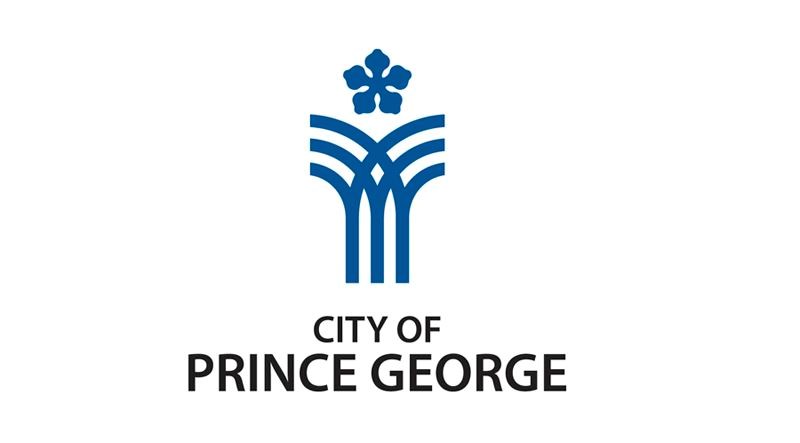City council passed on the location for a proposed medical marijuana distribution business.
On Monday night, the group turned down a temporary use permit application that would have allowed a local company to set up shop on Nicholson Street in the Carter light industrial area.
A city bylaw approved in March limits Health Canada-approved grow operations to the BCR, Danson and Boundary Road industrial sites and properties in the Agricultural Land Reserve larger than 15 hectares.
But John Stiles and Doug Jamieson said their model didn't need the large industrial footprint as there is no intent to grow marijuana, only store the dried product for shipment by courier to licensed prescription patients.
This was the first such application to come up since the city set its rules and council had to tread carefully because it would be setting a precedent, said Coun. Garth Frizzell.
Approving the application would mean the city was ignoring the rules it's already laid out, which it can do, Frizzell said.
"But when we do that, I look for a stronger rationale than I saw tonight in this case."
While he said he supports marijuana as a medical tool, Coun. Murry Krause found himself in a sticky situation when it comes to Health Canada's oversight.
"This is the reason we've had massive changes in the legislation. They did not adequately provide oversight in the previous process," Krause said. "So I don't trust them being able to manage it this time."
Councillors Jillian Merrick and Terri McConnachie voted to accept the application.
During last week's Union of B.C. Municipalities convention in Vancouver, local government officials backed the idea that municipalities "have the authority to regulate medical marijuana dispensaries."
The resolution was sponsored by the Lower Mainland Local Government Association as a response to dispensaries popping up and uncertainty caused by ongoing legal issues between the federal government and the courts.
The city of Vancouver became the first to regulate medical marijuana storefronts this summer, much to the chagrin of Health Minister Rona Ambrose.
Following the Vancouver city council decision, she released a statement saying she was "deeply disappointed" and that marijuana "is neither an approved drug nor medicine in Canada."
Unlike the Vancouver stores, the local business model doesn't include a walk-in storefront.
Rather, the property would be used as a distribution hub with contact with patients only via phone or online.
Health Canada regulations also restrict advertising and signage on the property itself.
The three-year term offered by a temporary use permit would allow council to review their operation and the specificity of the application wouldn't be precedent setting, said Stiles.
Asked by Krause if they had looked at properties within the already approved locations, Stiles said it has been an "onerous process" to find a spot in the community due to the stigma attached to the product.
"Part of it was the economy of scale," said Jamieson.
"If we were going to be growers, the industrial area would be the ideal site."
During the public hearing, the Salvation Army's Capt. Neil Wilkinson cautioned against the location.
"We recognize the right to engage in lawful business enterprise. We want to recognize the right of individuals to choose their own lawful medical choices as well," said Wilkinson. "We do not want to communicate any moral pronouncement on the use of marijuana."
However, Wilkinson pointed out that nearly half of their clientele to their neighbouring Nicholson Street food bank and thrift store is under the age of 18.
He also said that the Salvation Army has ongoing security issues at their location, with nearly nightly breaches of their chain link and barb wire fences to access dumpsters.
"Our concern is that if we are having substantial struggles with maintaining secure facilities after hours, that it's reasonable to think there are other businesses that may have security issues when it comes to chain-link fencing as well," Wilkinson said. "Given the nature of the work the Salvation Army does and the challenges we've got, it is our respectful consideration that it wouldn't to be conducive for the proposed usage for 1798 Nicholson St."
Following council's vote, Stiles said he and Jamieson will have to step back and re-evaluate.
"I'm extremely surprised and disappointed. I really thought council was a little more open and forward thinking," Stiles said.
"I'm always surprised by the reaction in the community and members of the council to this type of operation and proposal."



